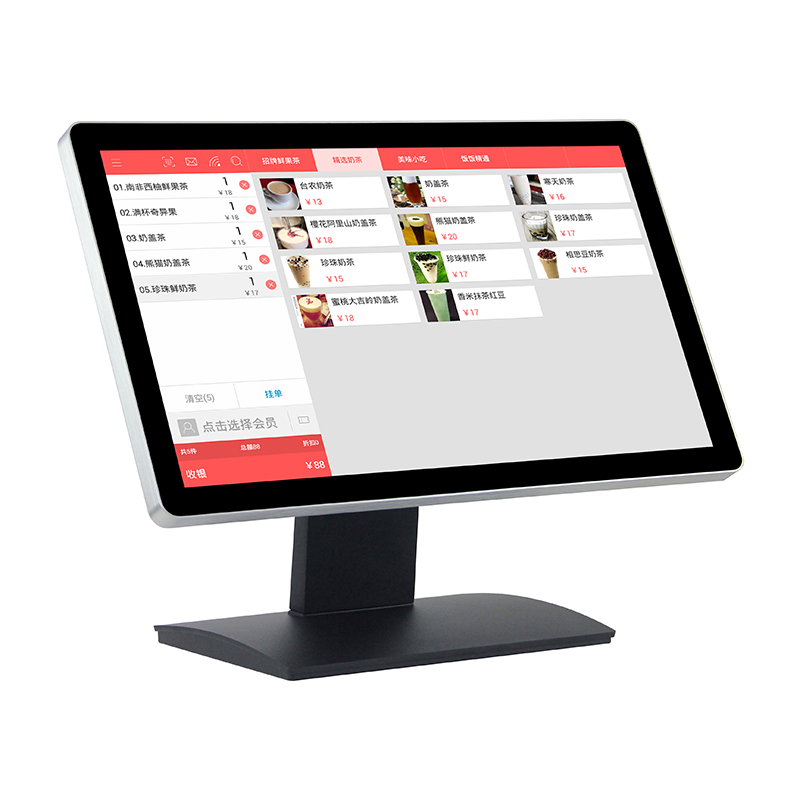







Views: 336 Author: Site Editor Publish Time: 2024-06-28 Origin: Site









Point of Sale (POS) systems are the backbone of any retail operation, streamlining sales, inventory management, and customer transactions. As the final step in a purchase process where a transaction is completed, POS systems have evolved from simple cash registers to complex hubs that manage sales, customer data, and inventory tracking. This article delves into the workings of POS systems, emphasizing their importance in today’s retail environment.
The hardware components of a POS system are its most visible parts. They include the cash register, barcode scanners, receipt printers, and sometimes even customer display screens. These elements work together to facilitate the physical aspects of a transaction, such as scanning items, printing receipts, and storing cash. Modern POS systems may also incorporate mobile devices like tablets or smartphones, enabling more dynamic sales environments.
The software component is what truly differentiates modern POS systems from traditional cash registers. It's responsible for processing transactions, managing inventory levels, and analyzing sales data to provide valuable insights. This software can be cloud-based, offering greater flexibility and real-time data access across multiple locations.
A crucial part of any POS system is its ability to process payments securely and efficiently. Whether it’s handling cash, credit card transactions, or digital payments, the POS system must ensure secure data transmission to prevent fraud while providing customers with various payment options.
At its core, a POS system simplifies the sales process by automating the transactional phase. This not only speeds up checkout times but also reduces human error in billing and inventory management. With integrated barcode scanners and digital product catalogs, sales associates can quickly complete purchases, enhancing the overall customer experience.
One of the most significant advantages of using a POS system is its impact on inventory management. Real-time tracking of stock levels allows businesses to make informed decisions about restocking and identifying best-selling items. This leads to improved inventory turnover rates and reduced overhead costs associated with overstocking or understocking products.
Beyond daily operations, POS systems offer valuable insights through data analytics. By analyzing sales trends, customer behavior, and peak purchasing times, businesses can tailor their strategies for increased profitability. This data-driven approach enables targeted marketing efforts and better customer service initiatives.
As retail continues to evolve with online shopping trends, integrating POS systems with e-commerce platforms has become essential. This integration allows for seamless inventory management across both physical and online stores, ensuring consistent customer experiences regardless of how they choose to shop.
The rise of mobile payment technologies such as NFC (Near Field Communication) and QR codes has prompted POS systems to adapt accordingly. Offering customers a variety of payment options not only meets their expectations for convenience but also positions businesses as forward-thinking entities in a competitive market.
The future of POS systems includes leveraging artificial intelligence (AI) to further personalize the shopping experience. From AI-powered product recommendations based on purchase history to chatbots assisting with customer inquiries online, these advancements promise to enrich the relationship between businesses and their customers.
In conclusion, understanding how POS systems work is crucial for any retail business looking to thrive in today's digital age. By streamlining sales processes, enhancing inventory management, and providing actionable insights through data analytics, POS systems are invaluable tools that drive operational efficiency and improve customer satisfaction.